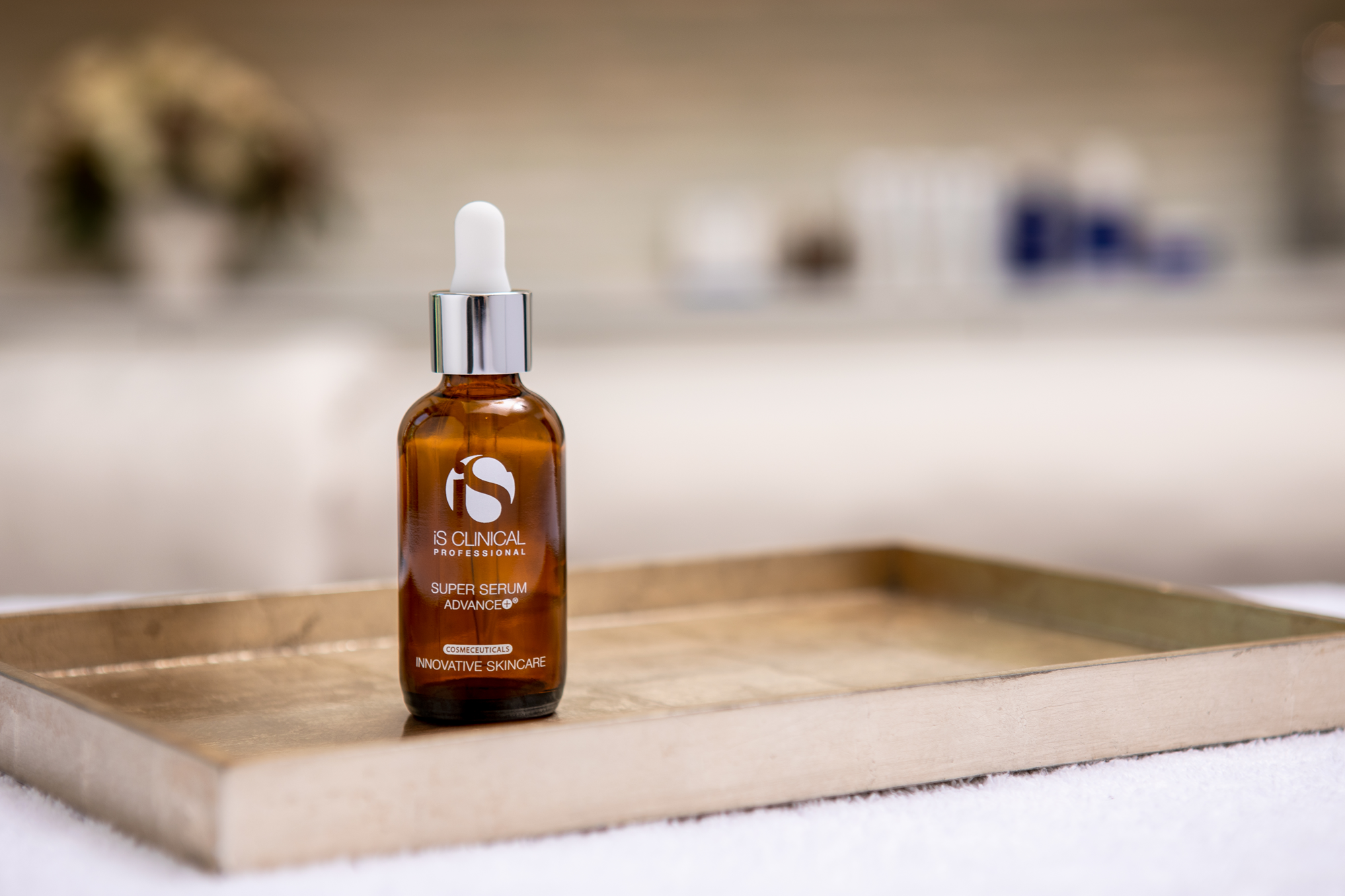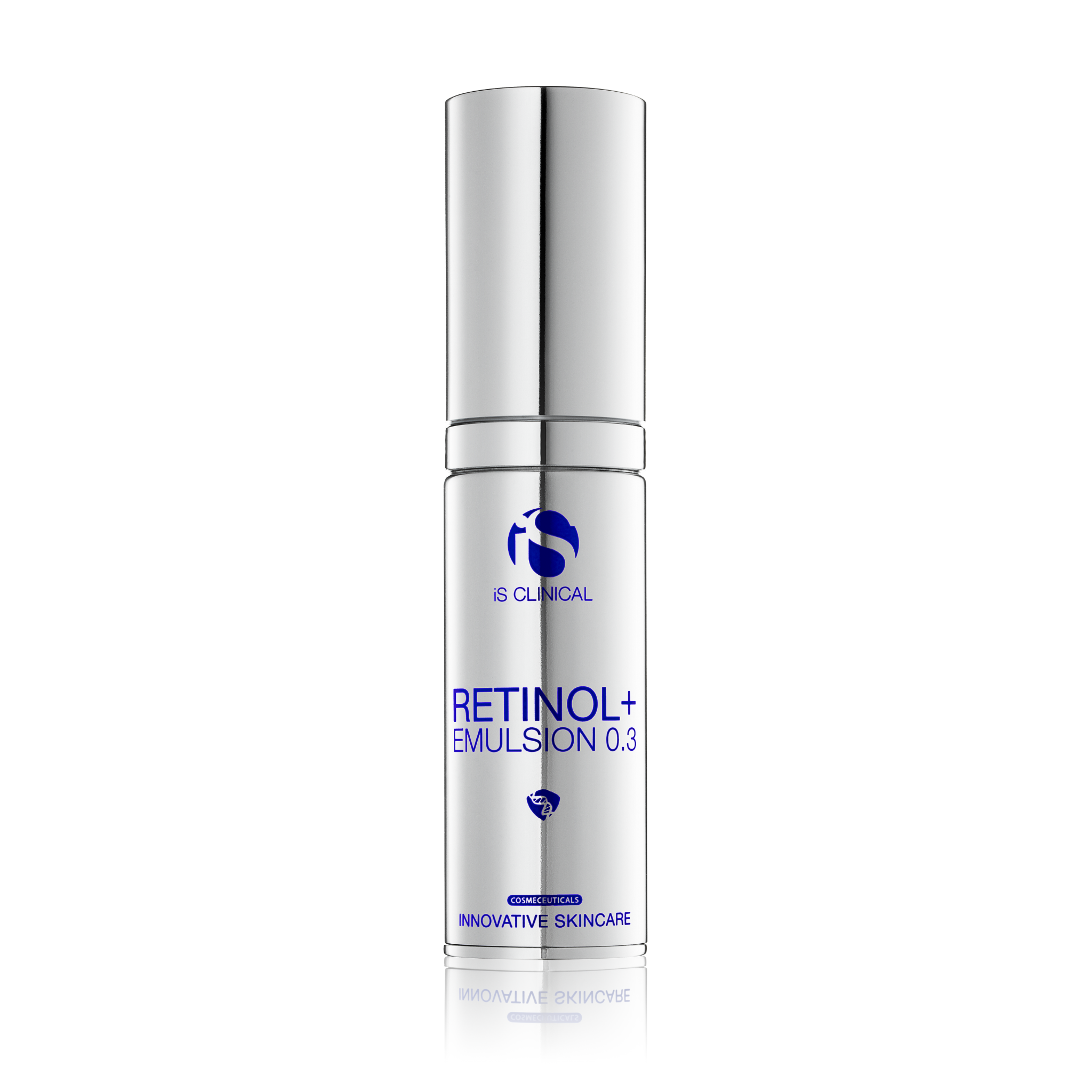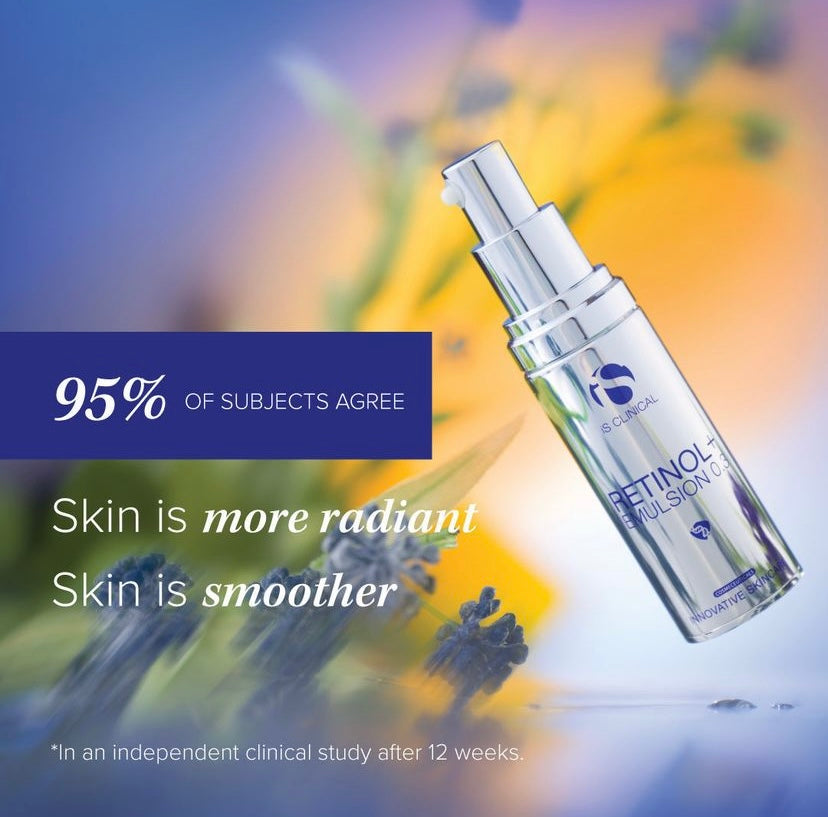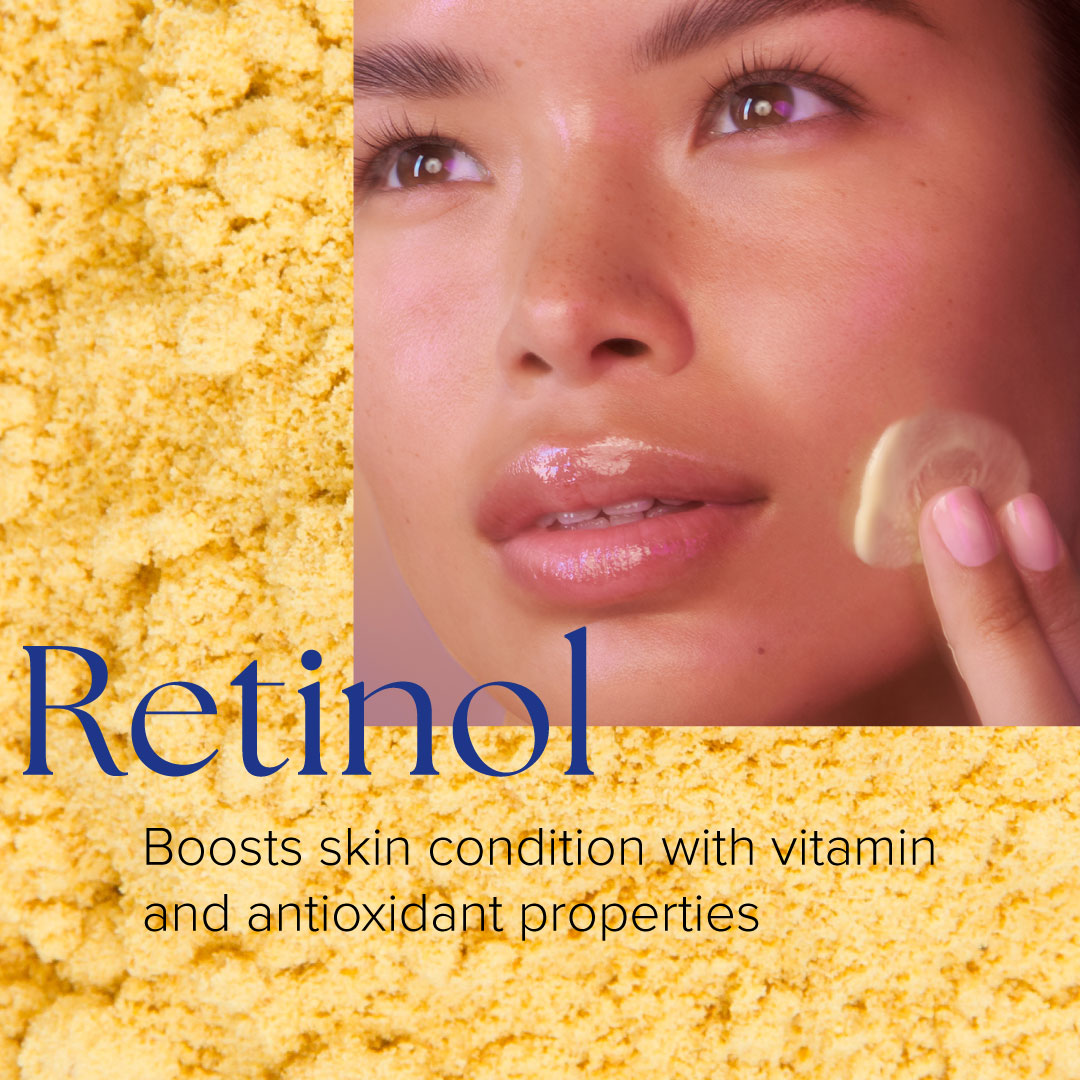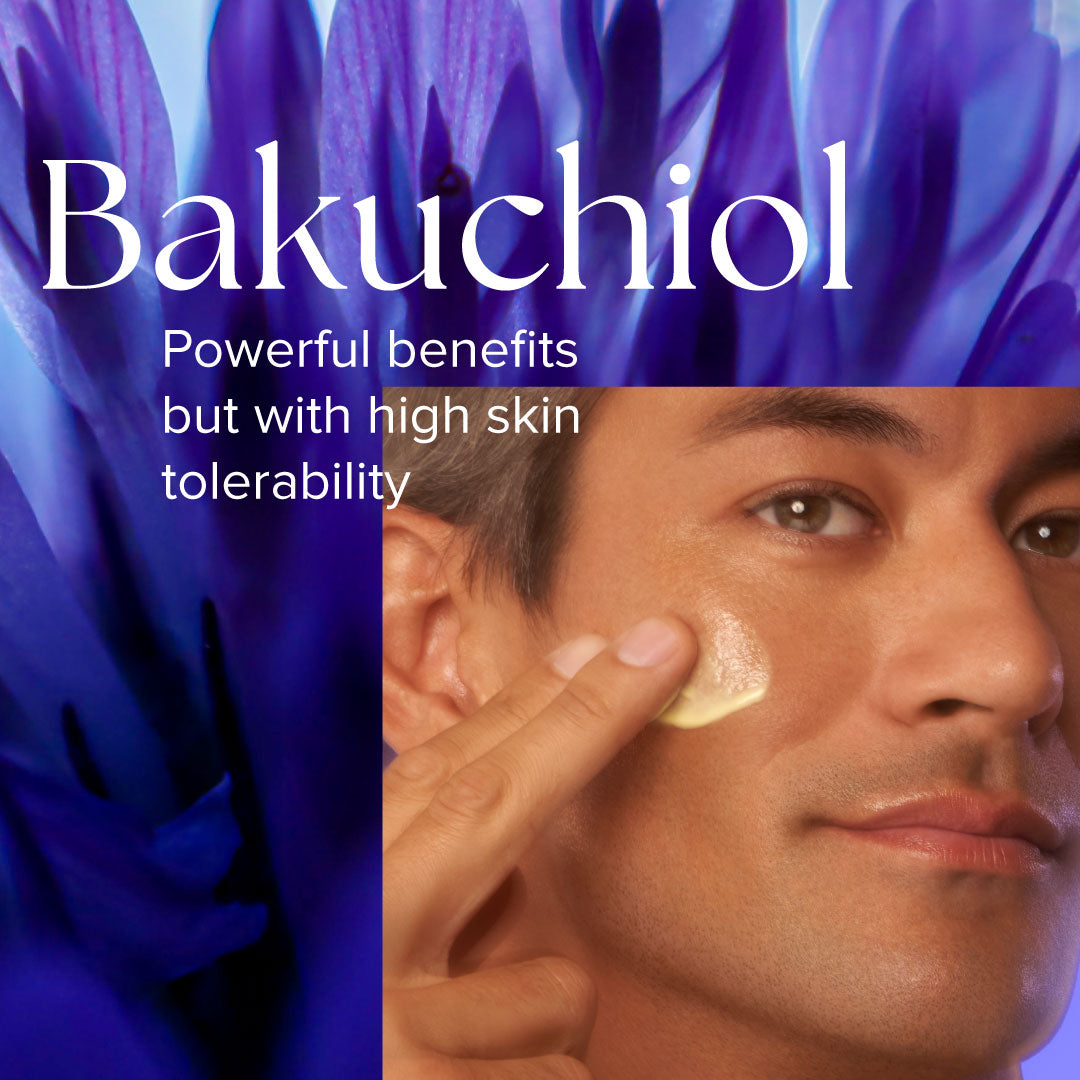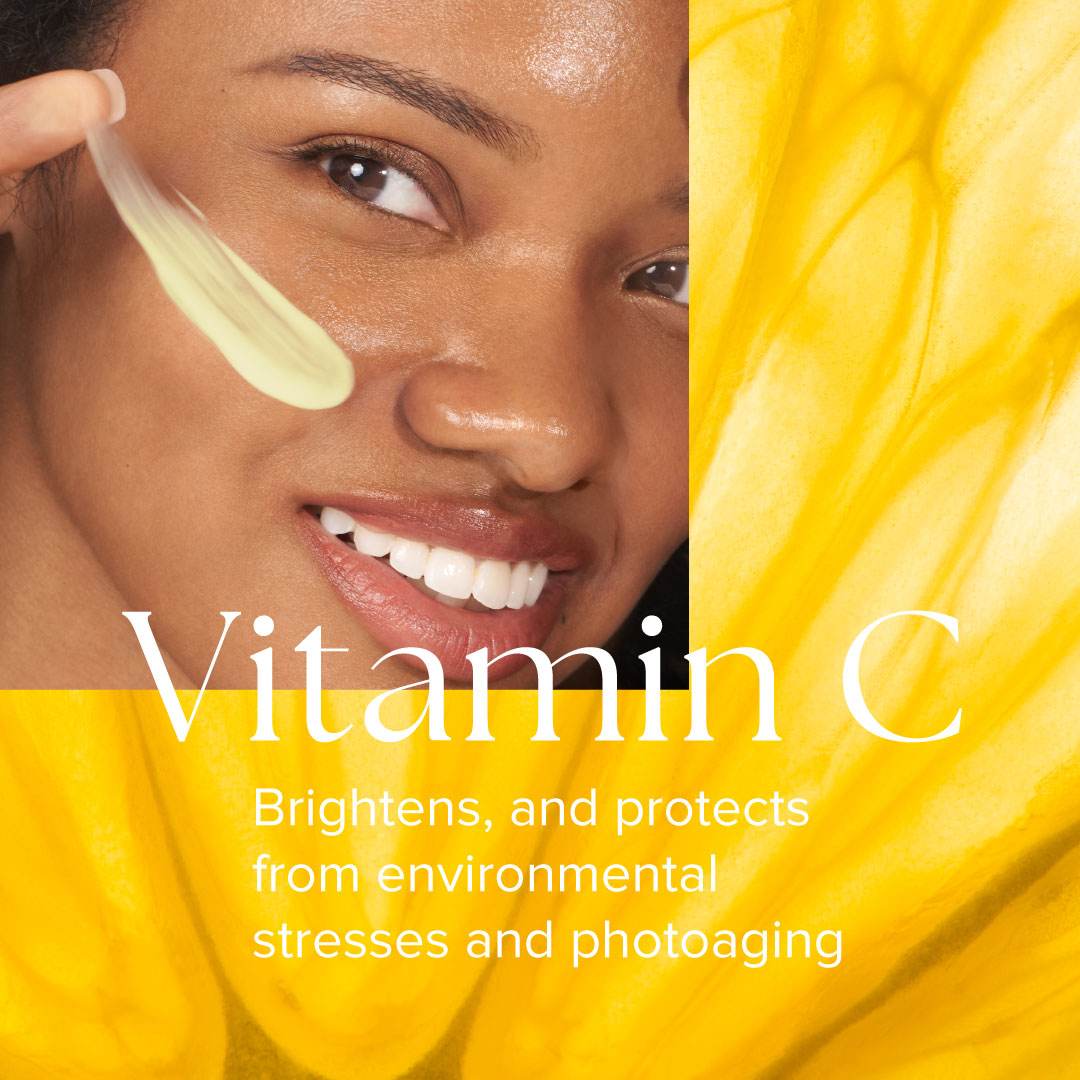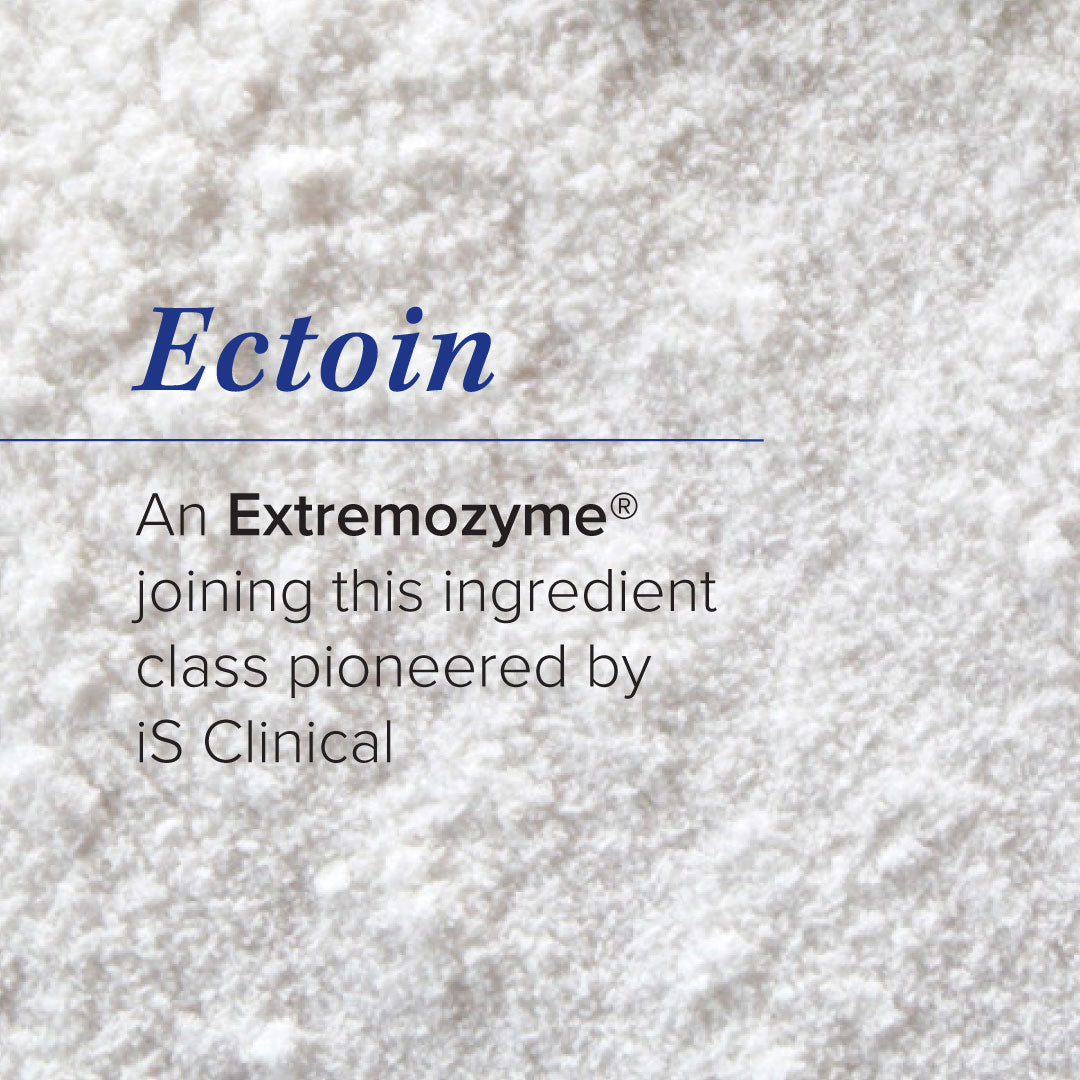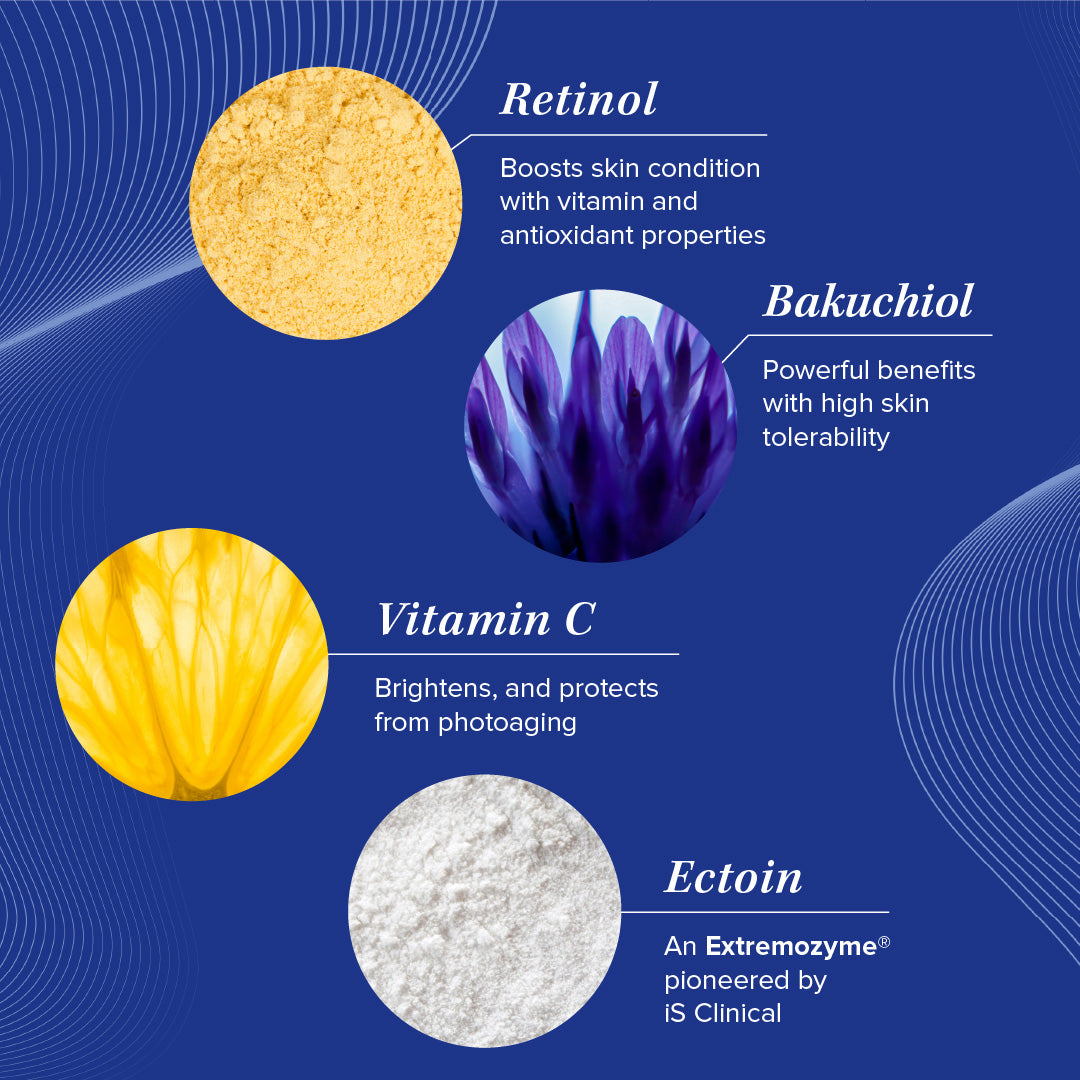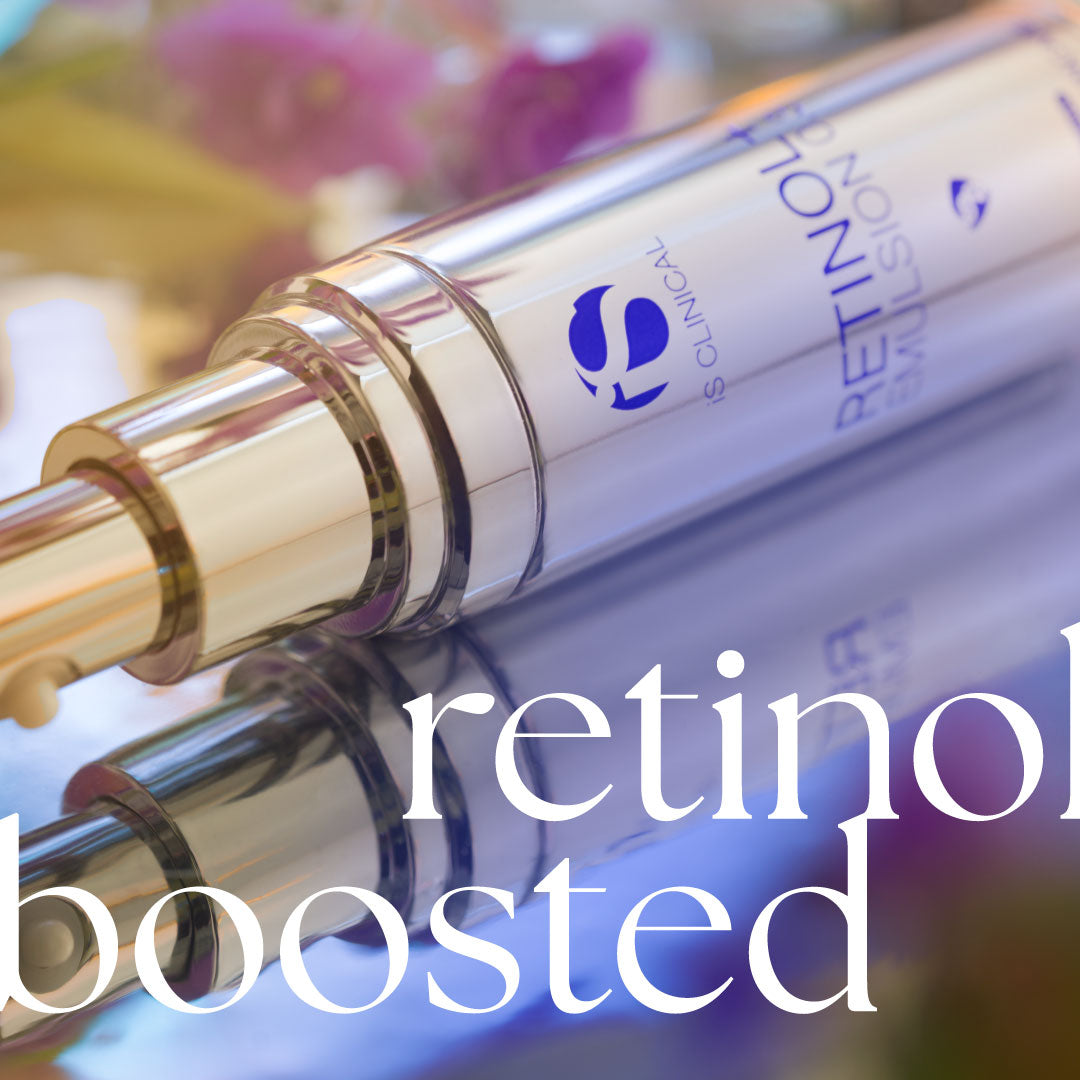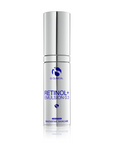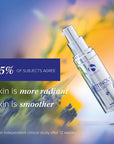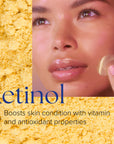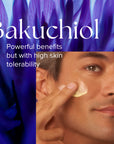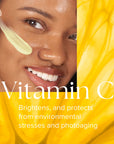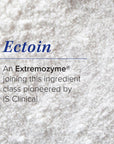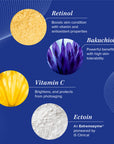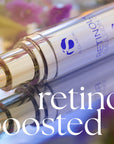Acne, the persistent foe of clear skin, plagueing many of us at various points in our lives. Countless remedies, both traditional and modern, have been touted as miracle solutions. Among these, retinol stands out as a popular choice.
But what is the science behind Retinol and its effectiveness in combating acne?
Understanding Acne
Acne occurs when hair follicles become clogged with oil and dead skin cells. This leads to the formation of papules, pustules, blackheads, and whiteheads. Factors such as hormonal changes, genetics, and lifestyle choices can contribute to acne development.
The Role of Retinol
Retinol, a derivative of vitamin A, is a micronutrient required for healthy human life, but it cannot be synthesized by the human body. Therefore, it must be supplied in adequate amounts via high-quality topicals, and a healthy diet. Retinol has gained acclaim for its ability to be a skin normalising vitamin, meaning that it is critical in achieving and maintaining homeostasis in the skin. For example, in the case of acne which causes skin cells to multiply too quickly and accumulate in the hair follicle, clogging the pore and inducing inflammation and bacteria, Retinol slows down cell turnover.
Scientific Evidence
Numerous studies have examined the efficacy of Retinol in acne treatment. Research published in the Journal of Dermatological Science found that Retinoids, including Retinol, are effective in reducing acne lesions by preventing the formation of comedones and promoting the shedding of existing ones. Another study in the Journal of Clinical and Aesthetic Dermatology concluded that Retinoids are valuable additions to acne therapy due to their comedolytic and anti-inflammatory properties.
Does Retinol help with acne scars?
In addition to its effectiveness in treating active acne, Retinol has also shown promise in improving the appearance of acne scars. While Retinol primarily targets active breakouts by normalising skin turnover and reducing inflammation, it can also aid in fading post-inflammatory hyperpigmentation and smoothing out uneven skin texture associated with acne scars. Studies have demonstrated that Retinoids, including Retinol, can enhance collagen production and increase skin thickness, leading to a reduction in the visibility of acne scars over time. However, it's important to note that results may vary depending on the severity and type of acne scars, and consistent use of retinol over several months is typically required to see noticeable improvements. As with acne treatment, it's advisable to consult a skin specialist to determine the most suitable approach for addressing acne scars and incorporating retinol into your skincare regimen effectively.
Incorporating Retinol into your skincare routine with iS Clinical products.
Most Retinols available today are accompanied by unwanted side effects such as dryness, redness, peeling, flaking, itching, photosensitivity, and discomfort, preventing many consumers from reaping the benefits of this beneficial and necessary ingredient!
iS Clinical’s Retinol is botanically-sourced and scientifically advanced. Botanical or plant-based ingredients are more easily recognised by the skin, making them more skin-friendly and efficacious.
By having both botanically derived, scientifically advanced Retinol within our products, you will gain all the results without the side effects commonly seen with this ingredient. All iS Clinical products containing retinol are also non-systemic, making them unique in that they are safe for pregnancy, and nursing.



